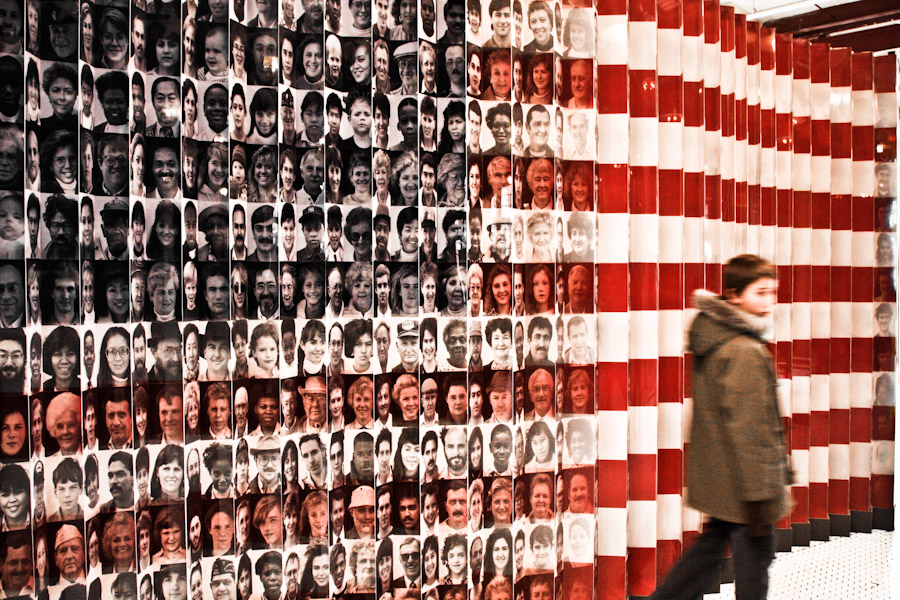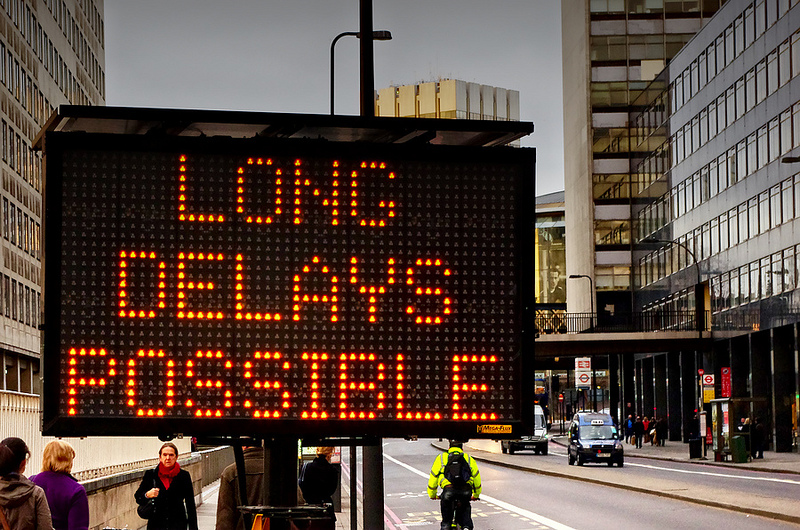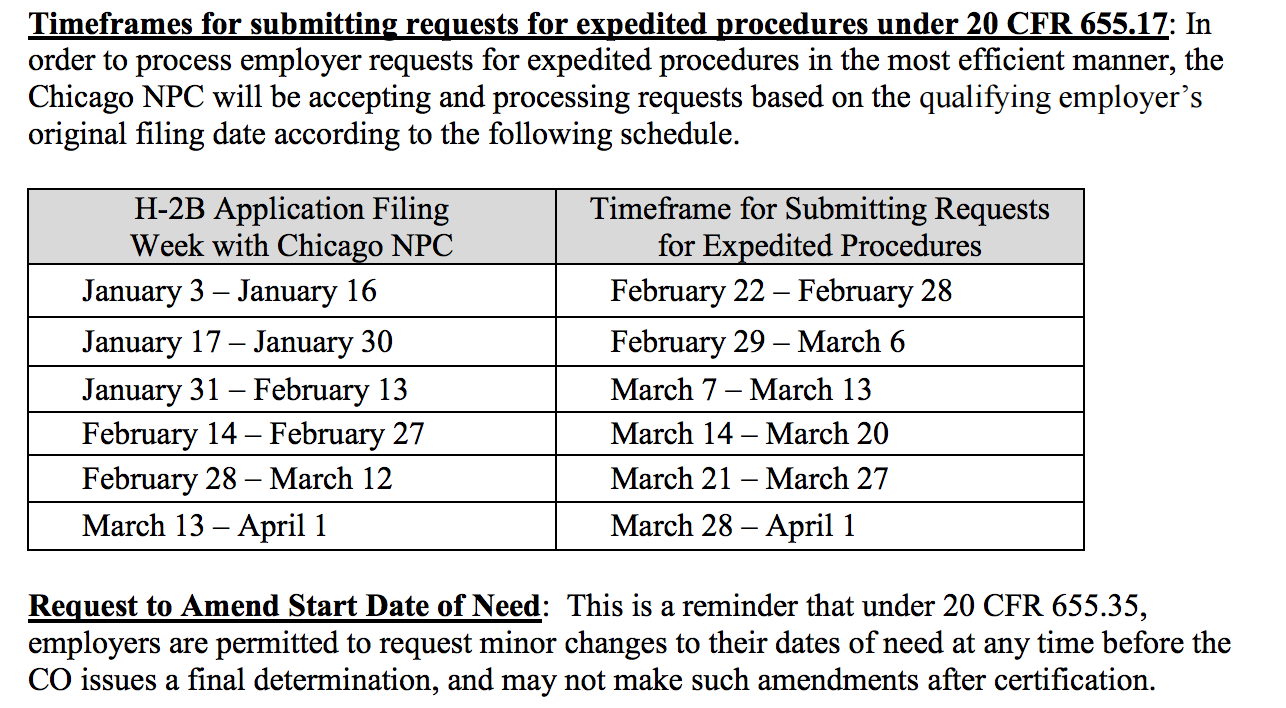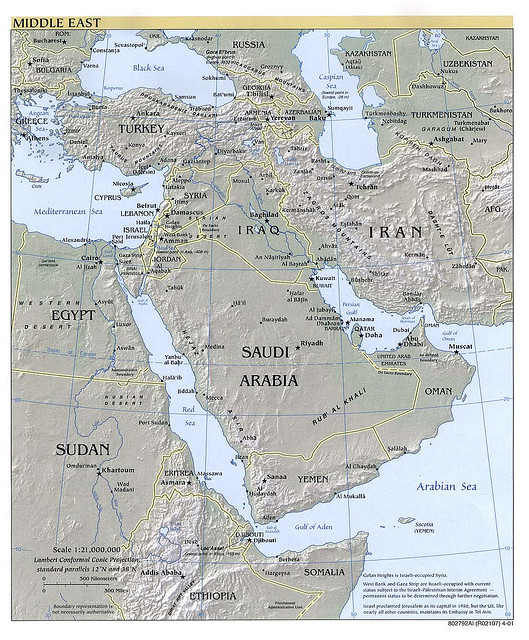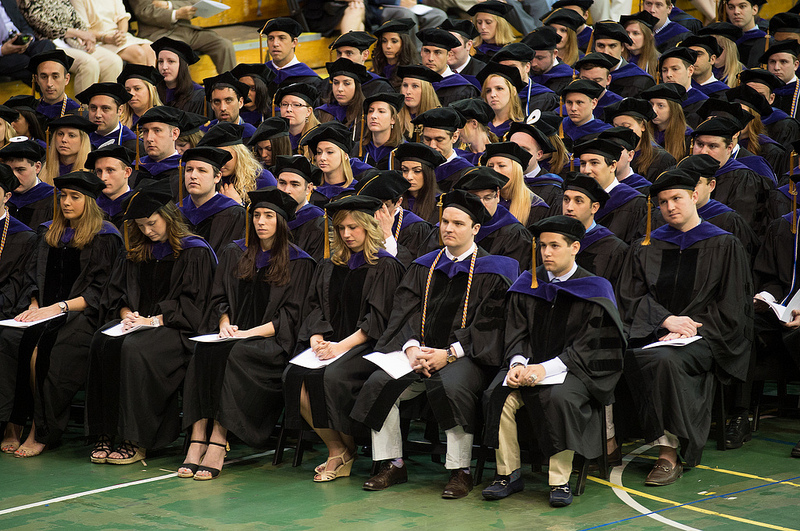 H-1B season is now in full swing. H-1B petitions will begin to be accepted by USCIS on April 1, 2016 for the 2017 fiscal year. Each year, foreign workers in specialty occupations compete for one of 65,000 H-1B visas allocated each fiscal year. Foreign workers with a U.S. Master’s degree or higher are exempt from the 65,000 congressionally mandated visa cap, however only the first 20,000 petitions received by USCIS may qualify for this cap exemption. Any petitions received after the 20,000 cap-exempt petitions have been allocated will count toward the regular cap. USCIS expects to receive more than 65,000 petitions during the first five business days of the application period. Once the H-1B cap has been reached, USCIS will notify the public, and begin selecting the H-1B petitions necessary to meet the cap through a randomized computer-generated lottery system. H-1B petitions that are not selected through this system will be rejected, along with any petitions received once the visa cap has closed. Duplicate H-1B petitions that are filed on behalf of a foreign worker by the same employer in the same fiscal year will also be rejected. 8 CFR § 214.2(h)(2)(i)(G) explicitly states that “an employer may not file, in the same fiscal year, more than one H1B petition on behalf of the same alien if the alien is subject to the numerical limitations of section 214(g)(1)(A). Filing more than one H-1B petition on behalf of the same alien in the same fiscal year will result in the denial or revocation of all such petitions.” Multiple H-1B petitions filed on behalf of the same alien by different employers during the same fiscal year is permitted although approval of such petitions is discretionary. According to USCIS, petitioners may be asked to demonstrate that a ‘legitimate business need’ exists in filing more than than one H-1B petition for the same alien. In such circumstances a request for evidence, notice of intent to deny, or notice of intent to revoke may result. This is true of both cap-subject and cap-exempt petitions filed by different employers for the same alien.
H-1B season is now in full swing. H-1B petitions will begin to be accepted by USCIS on April 1, 2016 for the 2017 fiscal year. Each year, foreign workers in specialty occupations compete for one of 65,000 H-1B visas allocated each fiscal year. Foreign workers with a U.S. Master’s degree or higher are exempt from the 65,000 congressionally mandated visa cap, however only the first 20,000 petitions received by USCIS may qualify for this cap exemption. Any petitions received after the 20,000 cap-exempt petitions have been allocated will count toward the regular cap. USCIS expects to receive more than 65,000 petitions during the first five business days of the application period. Once the H-1B cap has been reached, USCIS will notify the public, and begin selecting the H-1B petitions necessary to meet the cap through a randomized computer-generated lottery system. H-1B petitions that are not selected through this system will be rejected, along with any petitions received once the visa cap has closed. Duplicate H-1B petitions that are filed on behalf of a foreign worker by the same employer in the same fiscal year will also be rejected. 8 CFR § 214.2(h)(2)(i)(G) explicitly states that “an employer may not file, in the same fiscal year, more than one H1B petition on behalf of the same alien if the alien is subject to the numerical limitations of section 214(g)(1)(A). Filing more than one H-1B petition on behalf of the same alien in the same fiscal year will result in the denial or revocation of all such petitions.” Multiple H-1B petitions filed on behalf of the same alien by different employers during the same fiscal year is permitted although approval of such petitions is discretionary. According to USCIS, petitioners may be asked to demonstrate that a ‘legitimate business need’ exists in filing more than than one H-1B petition for the same alien. In such circumstances a request for evidence, notice of intent to deny, or notice of intent to revoke may result. This is true of both cap-subject and cap-exempt petitions filed by different employers for the same alien.
H-1B petitioners (employers) may request premium processing at the same time that the H-1B petition is filed by signing and completing Form I-907 and including the corresponding fee. Alternatively, petitioners may request premium processing once CIS notifies the petitioner whether the petition has been accepted or rejected. USCIS will not begin premium processing for H-1B cap petitions until May 16, 2016. If you are an American employer who is interested in filing an H-1B petition for a foreign worker, you must act quickly. Filing an H-1B petition is a very complicated and long process. For one if you have never sponsored a foreign worker, you will be required to register your FEIN with the Department of Labor before filing the H-1B petition. Secondly, if the foreign worker you wish to hire received their foreign degree abroad, they must obtain an academic evaluation from an accredited evaluation service. If the foreign worker you wish to hire does not have formal education, but has extensive experience in the specialty occupation, they will need to obtain work experience letters from individuals who can attest to their experience. Thirdly, once an employer has registered their FEIN with the Department of Labor, they will be required to file a Labor Condition Application with the Department of Labor and include the certified LCA with the H-1B petition. Certification of the LCA takes time. The LCA is an attestation made by the employer that they will pay the foreign worker at least the actual or prevailing wage for the occupation, whichever is higher, based on the physical location where the foreign worker will be employed. Once properly submitted to the DOL, the LCA alone takes approximately 2 weeks to be certified by the LCA. This means that in order to meet the April 1st priority date of filing, employers have a very limited period of time to decide whether they will file an H-1B petition for a foreign worker for the upcoming fiscal year. When in doubt it is best not to rush the process.
Last year, our office filed approximately seventy-six H-1B petitions for fiscal year 2016. Approximately 75% of these petitions were filed for the regular Bachelor’s cap, while only 18% of these petitions were filed for individuals holding U.S. Master’s degrees or higher. Approximately 82% of these petitions were filed with the California Service Center, while only 17% of these petitions were filed with the Vermont Service Center. The top H-1B specialty occupations, filed for fiscal year 2016 included: software engineer, technical writer, general manager, market research analyst, business specialist, budget analyst, and graphic designer.

 Visa Lawyer Blog
Visa Lawyer Blog





